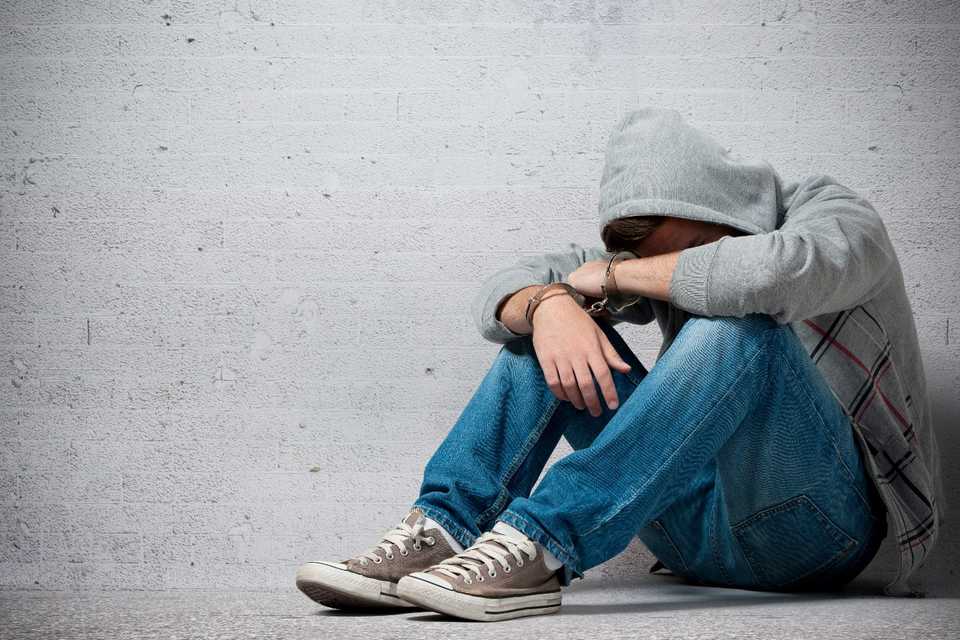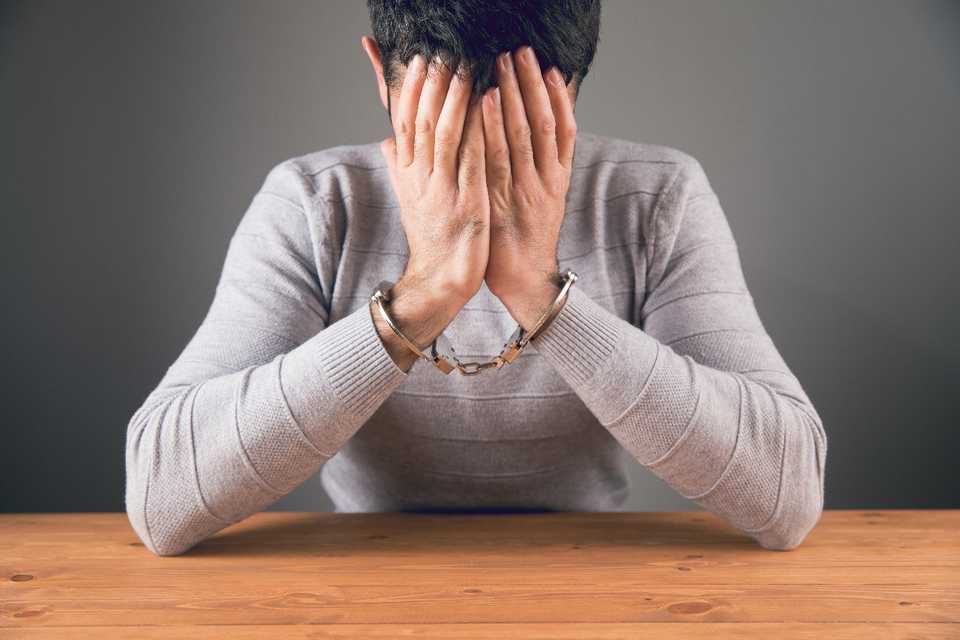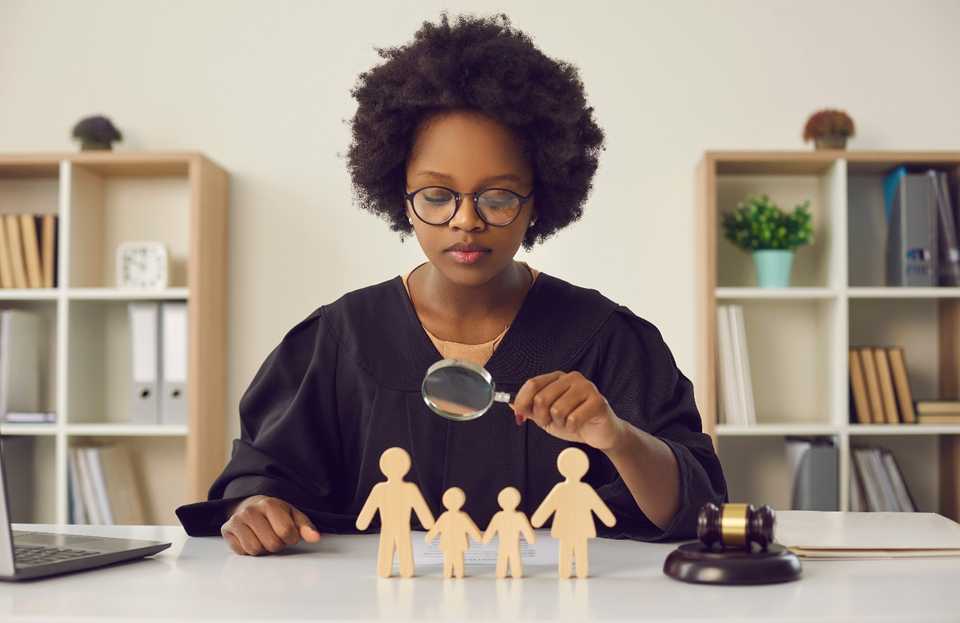Committing a criminal offense always has serious consequences, but when it comes to a minor who has committed a crime, the situation becomes a bit more complicated. Criminal charges against a minor can be very worrying not only for the young person themselves, but also for their loved ones. Several questions may arise.

What happens when a child or teenager commits a crime? Can minors be punished as severely as adults? What stakeholders are involved when a minor is involved in the commission of a crime? What will be the impact on the future of a young person who commits a criminal act? This concerns the criminal responsibility of minors and the appropriate sentences for them.
Minors' criminal responsibility: from the age of 12
It may seem unreasonable to apply the same justice system and consequences to minors who commit criminal acts because young people are in the midst of development. That's why Canadian justice makes a certain distinction based on the age of the person committing a crime and adapts the criminal justice system for minors.
Despite these differences, minors are not exempt from criminal justice and provisions of the Criminal Code. From the age of 12, a minor can be held responsible for a criminal act they have committed. For example, a minor can be accused of theft, assault, drug possession, etc.
The Youth Criminal Justice Act outlines the rules that apply when a minor is charged with a crime. This law has several objectives:
- Require teenagers to be accountable for their actions through measures that are proportional to the seriousness of the offense and the degree of responsibility;
- Promote the rehabilitation and social reintegration of adolescents;
- Contribute to crime prevention by referring adolescents to programs or community organizations to address the underlying causes of criminal behavior.
Therefore, since the law promotes the rehabilitation and social reintegration of young people, when a minor aged between 12 and 17 commits a crime, several types of sanctions are possible following police intervention. In some cases, the adolescent may avoid trial and instead face an extrajudicial measure or sanction. In other cases, the accused minor will have to go to court to answer for their actions.
Extrajudicial measures and sanctions
One of the mechanisms that allows a young person between the ages of 12 and 17 to avoid a trial is an extrajudicial measure given by a police officer. In other words, the police officer who intervenes with the young offender may decide to do nothing or to give them a warning. The police officer may also decide to refer the young person to an alternative justice organization, in which case the representative of that organization will contact the young person's parents. When a police officer decides to give a young person an extrajudicial measure, they must inform the parents and record the event in a database accessible to all police forces for two years.

It is also possible for the young person to receive an extrajudicial sanction. In this case, the young person's file is forwarded to a prosecutor for criminal and penal proceedings. The prosecutor will then have three choices:
- Close the case of the accused minor;
- File criminal charges against the minor;
- Transfer the case to a youth center worker, who will then determine if the adolescent is eligible for extrajudicial sanctions program.
Extrajudicial sanctions allow a young person who has committed a crime to be held accountable for their actions without going through a criminal trial. They will have a chance to make amends either towards the victim, for example by writing a letter of apology, or towards the community, for example by performing community service.
Appearance before the youth court
In some cases, the delinquent adolescent will have to appear before the youth court to answer for his/her actions. He/she will then receive a summons, a citation to appear or a promise, which is a document that requires him/her to appear before a judge. The appearance is mandatory and takes place in the Youth Chamber of the Quebec Court. The adolescent may be accompanied by his/her parents at the time of the appearance, but he/she also has the right to be represented by a criminal lawyer .

It is during the appearance that the young person is officially accused. At this time, they must plead guilty or not guilty to each criminal charge brought against them. If the teenager pleads not guilty, they will have to go through a criminal trial. If they plead guilty, there will be no trial and the judge will pronounce a sentence at the time of the appearance.
The trial before the youth court
The trial is a crucial step in the process. Lawyers then have the opportunity to present their evidence and arguments to the court. It is important to remember that just like in an ordinary criminal trial, accused minors are presumed innocent. Thus, it is up to the prosecution to demonstrate that the accused committed the offense beyond a reasonable doubt.
At the end of the trial, the judge renders a verdict of guilt or non-guilt. If the judge declares the teenager not guilty, they will be acquitted. If the teenager is found guilty, they will have to receive a sentence.
Appropriate Sentences for Minors

When a young person is found guilty of committing a criminal offense, the judge will pronounce a sentence. He has the possibility to choose the most appropriate sentence from seven types of sanctions:
- The reprimand: This is a serious warning given by the judge.
- The absolution: Absolution allows the young person to not have a permanent criminal record. It can be either conditional or unconditional.
- A fine of $1000 or less: The fine is an amount that the young person will have to pay to the community, but this amount cannot exceed one thousand dollars.
- Penalties for repairing damage caused to the victim : The judge may order the adolescent to repair the damage caused to the victim, for example by returning stolen property or paying them a sum of money.
- Volunteer work: It is possible that the adolescent will be required to make amends to the community by doing volunteer work.
- Probation: This is one of the most frequently imposed sentences. The adolescent remains free, but must comply with certain conditions, such as good behavior and respect for the law, a curfew, etc.
- Placement in custody and supervision: This is the most severe sentence given to young people aged 12 to 17. The young person will not be placed in an adult prison, but in rehabilitation centers located in youth centers. There are some rare cases where a 14-year-old and older may receive a sentence as severe as an adult's, but this is an exception to the rule.
Consult a criminal lawyer when a minor is accused of a criminal offense!
Minors aged 12 or older are responsible for the criminal acts they commit. However, the criminal justice system is adapted to their particular situation and they enjoy certain rights in criminal matters.
Therefore, if a minor is accused of a criminal offense, it is very important that they are accompanied by a criminal lawyer throughout the judicial process in order to ensure adequate protection of their rights and interests.
Don't hesitate to contact JuriGo now! We will put you in touch for free with a criminal lawyer specialized in your region who will defend a minor accused of a criminal offense.
All you have to do is fill out the form below and we'll take care of the rest!